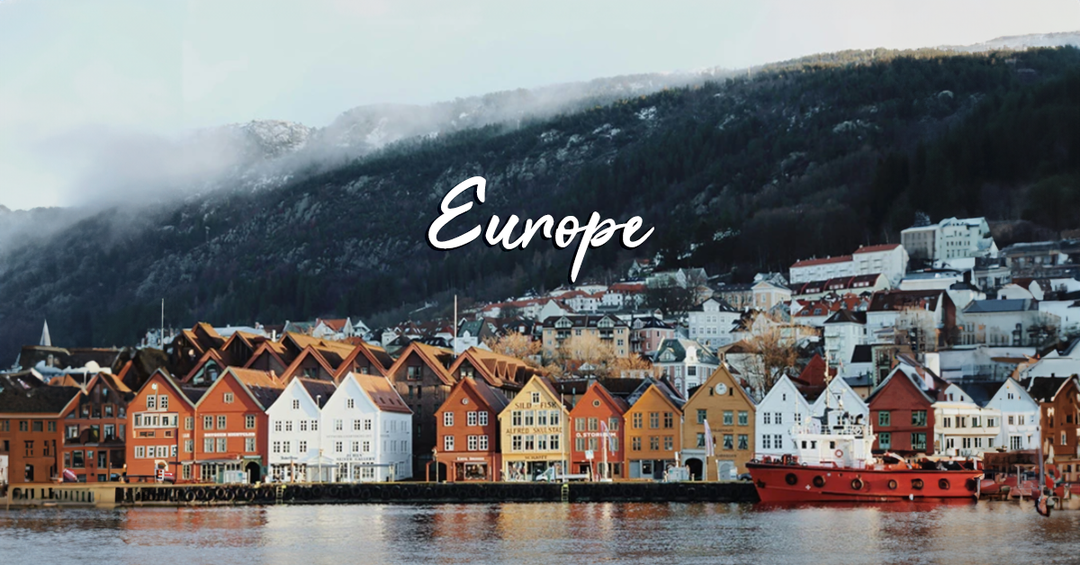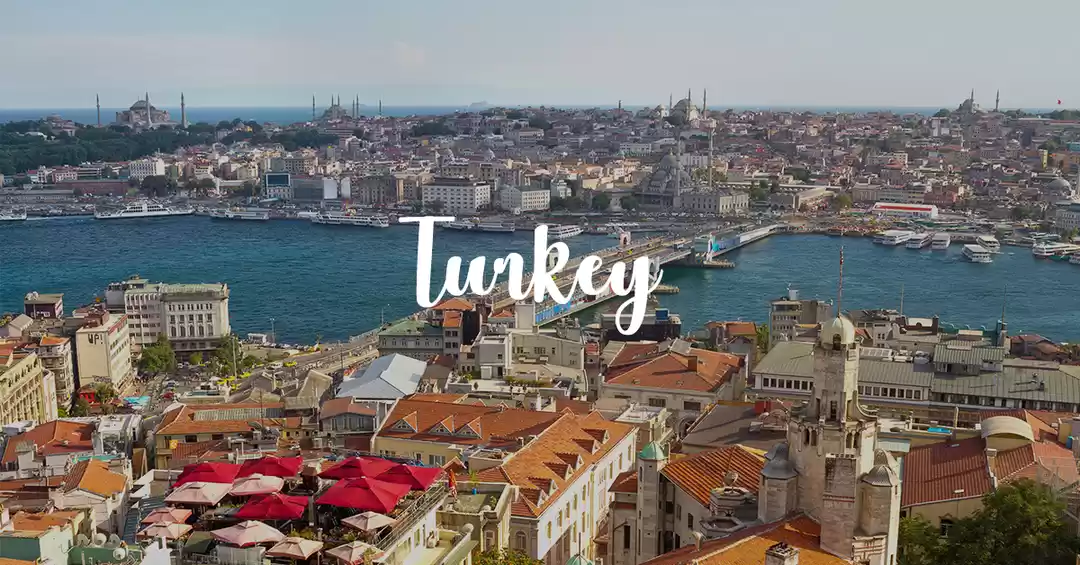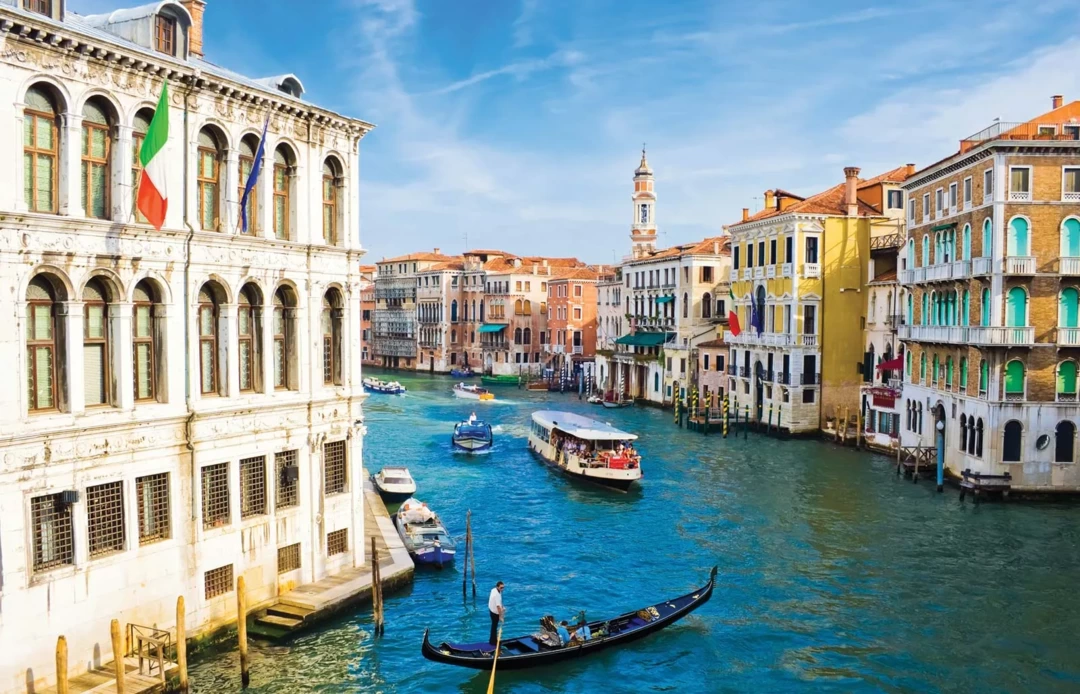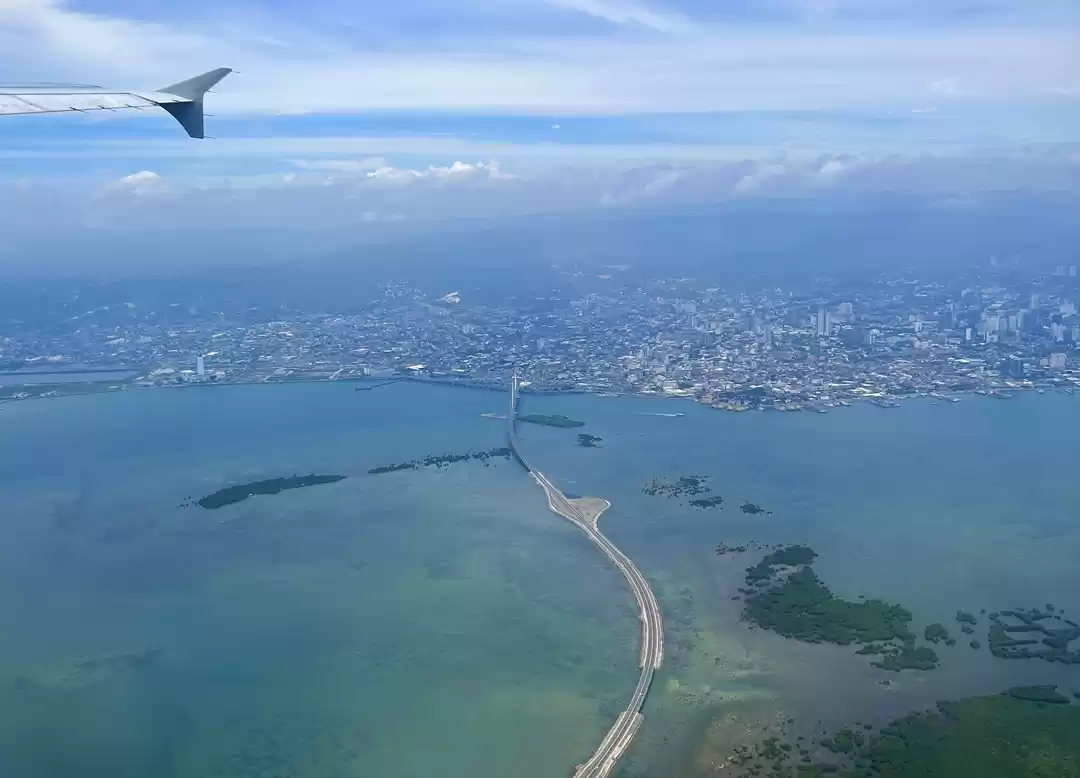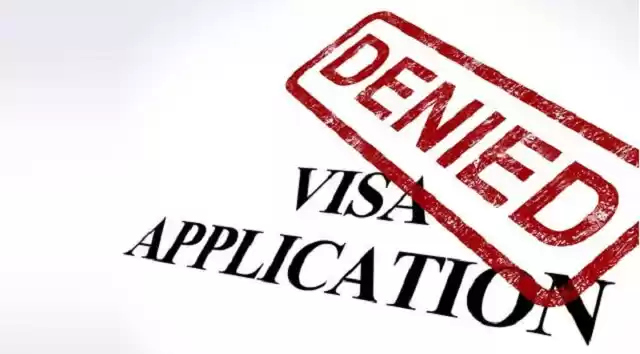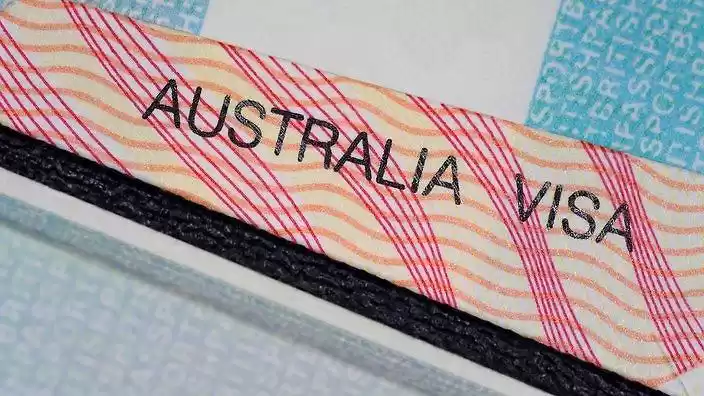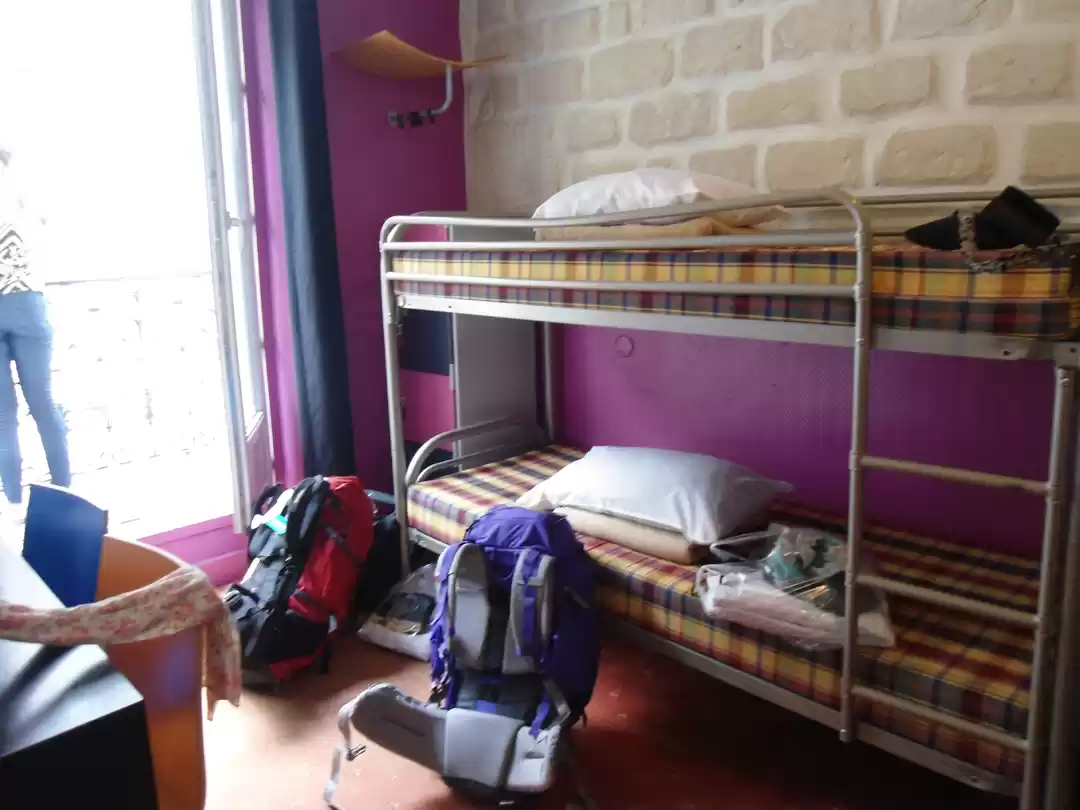
Immigration is a hot topic around the world, and nowhere is this more true than in the European Union. While Canada and Australia have some of the most generous immigration policies in the world, many EU nations have traditionally taken a much tougher stance on allowing newcomers into their countries. However, with the digital nomad revolution sweeping the world, more and more countries are allowing workers to stay and work remotely.
Now, Spain and Portugal have joined in this trend by introducing their own Digital Nomad Visas (DNVs), giving non-EU nationals an opportunity to take up residence in either country while continuing their work online.

With their relaxed immigration rules, a low application cost of €75 (Rs6,620) excluding the consulate fee and visa-free travel across the Schengen area for those with a DNV from Portugal, these two countries are quickly becoming attractive destinations for digital nomads everywhere. Read on to learn more about acquiring a Digital Nomad Visa to Spain or Portugal!
SPAIN
Spain is now offering a one-year digital nomad visa, with the possibility of renewal for up to five years. It's an ideal option for those who want to work and travel in Spain, as long as they remain in the country six months out of every year. Even if you're already in Spain on a tourist visa, you can still apply for a three-year DNV from there.
You are eligible to apply for Spain's digital nomad visa if you meet the following criteria:
- Self-employed freelancers with proof of work
- Employee of a company based outside Spain who are allowed to work remotely
-Making a maximum of 20% income from Spanish firms
-Not a European Union or European Economic Area resident
-Not residing in Spain illegally and not having lived there for the last 5 years
Here are some of the financial requirements for obtaining a nomad visa:
- Professionals need to maintain a bank balance or prove an annual income of €25,000 (Rs22,09,137).
- For every family member joining the applicant, they must be earning 75% of Spain's monthly minimum wage.
- Each dependent must earn an additional 25% of Spain's monthly minimum wage.
Documents:
- Proof of Employment: Recent pay stubs, employment contract or letter from employer confirming employment for a minimum of three months
- Company Registration Certificate: To prove the company has been operational for at least one year
- Qualifications: University degree certificates and/or work experience of three years or more
- Health Insurance Documents
- Criminal Record Certificates (from Spain and home country)
PORTUGAL
Portugal is a great option for remote workers looking to migrate, providing both a passport visa and a residency permit card. The visa lasts for one year while the permit card is valid for two years and can be extended for three years, giving you plenty of time to enjoy all that this beautiful country has to offer!
You are eligible to apply for Portugal's D8 digital nomad visa if you meet the following criteria:
-Self-employed freelancers who can provide evidence of their work
-Employee of a company based outside Portugal with permission to work remotely
-Non-residents of the European Union or the European Economic Area
All applicants must demonstrate that they are financially capable of supporting themselves in the country. Here are some of the financial requirements:
- Proof of earning a minimum monthly income equivalent to four times the country’s wage (€3,040 or Rs2,68,752).
-If applying with spouse/partner: at least €8,460 (Rs 7,46,790) in annual savings.
-For each dependent: €2,544 (Rs2,24,566) in annual savings.
Documents:
- Three months of income statements (pay stubs, bank statements, etc.)
- Tax residency certificate
- Proof of accommodation (hotel/AirBnB reservation or lease agreement)
- Health insurance policy documents
- Criminal record certificate and police clearance
- Return travel ticket
Whether it's exploring Spain's vibrant cities or enjoying Portugal's stunning beaches, there are plenty of opportunities awaiting digital nomads in these two countries. So why wait? Start planning your move to Portugal or Spain today and experience the best of what Europe has to offer!
If you have an exciting travel news to share with us, feel free to drop your inputs in the comments below. Or write about it here on Tripoto and earn Tripoto Credits! You can also follow me on Instagram to stay on top of my updates.










